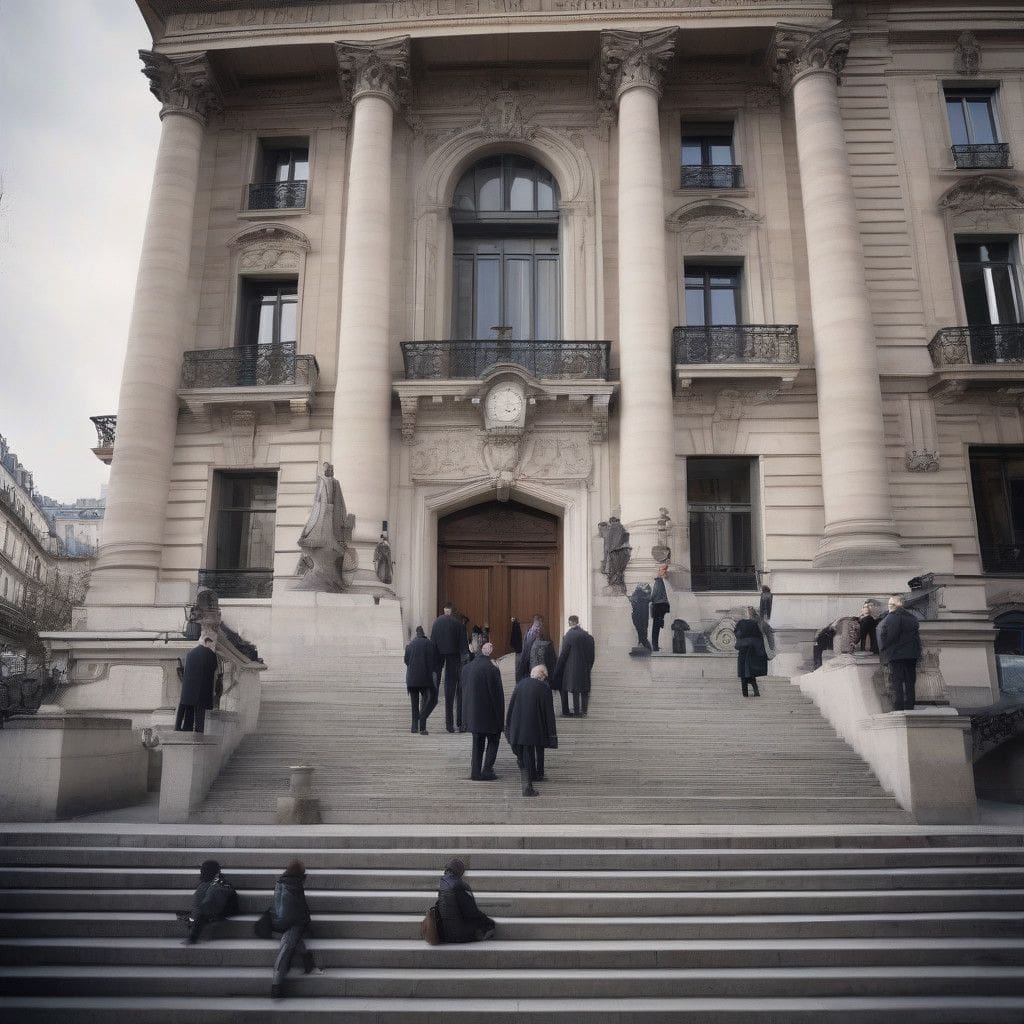Pavel Durov, the CEO of Telegram, is currently under investigation in France for potential complicity in illegal activities on his platform. This probe arises against a backdrop of France’s groundbreaking legislation aimed at combating cybercrime. The LOPMI law, established in January 2023, represents a significant legal development that may redefine the responsibilities of tech executives.
The LOPMI—short for “Loi d’Orientation et de Programmation du Ministère de l’Intérieur”—is a comprehensive framework that outlines a five-year strategy, with an allocated budget of €15 billion. This initiative is dedicated to modernizing France’s law enforcement operations and technological capabilities in the face of increasingly sophisticated cyber threats. A key aspect of this law is its capacity to hold technology executives accountable for facilitating illicit activities through their platforms, even if they were not directly involved in those crimes.
Durov is facing possible charges that could result in a ten-year prison sentence and a hefty fine of €500,000. The investigators contend that Telegram may have allegedly facilitated transactions related to organized crime, a charge that Durov publicly denies, asserting that his platform adheres to European regulations and does not partake in any illegal activities.
The implications of the LOPMI law extend far beyond the case of Durov. It positions France as a leader in establishing regulations that could influence how firms manage user-generated content and engage with law enforcement in the digital age. Notably, this approach diverges significantly from practices in countries like the United States, where actions against platform administrators typically demand evidence of direct involvement in the criminal activities in question. For instance, previous cases involving individuals like Ross Ulbricht, the founder of the Silk Road, relied on concrete proof of active participation in unlawful practices.
The French authorities, led by prosecutor Laure Beccuau, have hailed the LOPMI law as a formidable instrument in their battle against a range of cybercrimes, including child exploitation and credit card fraud. Legal experts emphasize that this legislation is unprecedented in scope and could spark future legal debates across Europe and beyond.
Durov’s case illustrates the broader challenges online platforms face regarding responsibility for user behavior. In addition to potential legal repercussions, executives like Durov may confront significant reputational damage as public sentiment increasingly favors accountability and transparency in the tech industry. The critical question remains: how can platforms balance user freedom with the expectation of preventing abuse?
France’s proactive stance in combating these issues has already demonstrated results. The recent shutdown of multiple criminal enterprises operating online, including operations on Telegram itself, signals the government’s resolve to take swift action. The J3 cybercrime unit, which oversees cases like Durov’s, has been involved in various significant arrests and is expected to continue leveraging the LOPMI framework to dismantle illicit operations.
While the law aims to create a safer online environment, legal scholars have cautioned about the potential implications of such broad oversights. Critics argue that the lack of precedents might complicate the enforcement of the law and lead to challenges in court. The balance between security and freedom of speech is delicate, particularly when examining how various stakeholders define and perceive illicit conduct online.
Overall, Durov’s ongoing investigation represents not only a legal battle for the Telegram CEO but also a test case for the LOPMI law itself. Should the investigations lead to convictions, it may pave the way for other nations to adopt similar regulatory frameworks, fundamentally impacting digital governance and platform responsibility worldwide.
As technological advancements continue to shape global communications, the need for robust legislative measures that effectively address cybercrime while protecting civil liberties will become ever more pressing. The French case against Pavel Durov acts as a crucial focal point in this evolving narrative, prompting stakeholders across the board—governments, tech firms, and users alike—to carefully examine the potential implications of a revised legal landscape.
Durov’s situation serves as a stark reminder of the challenges entailed in operating a global digital platform in an environment of increasing scrutiny and responsibility. The outcome of this case may significantly influence the future direction of digital legislation and the roles of technology leaders globally.












